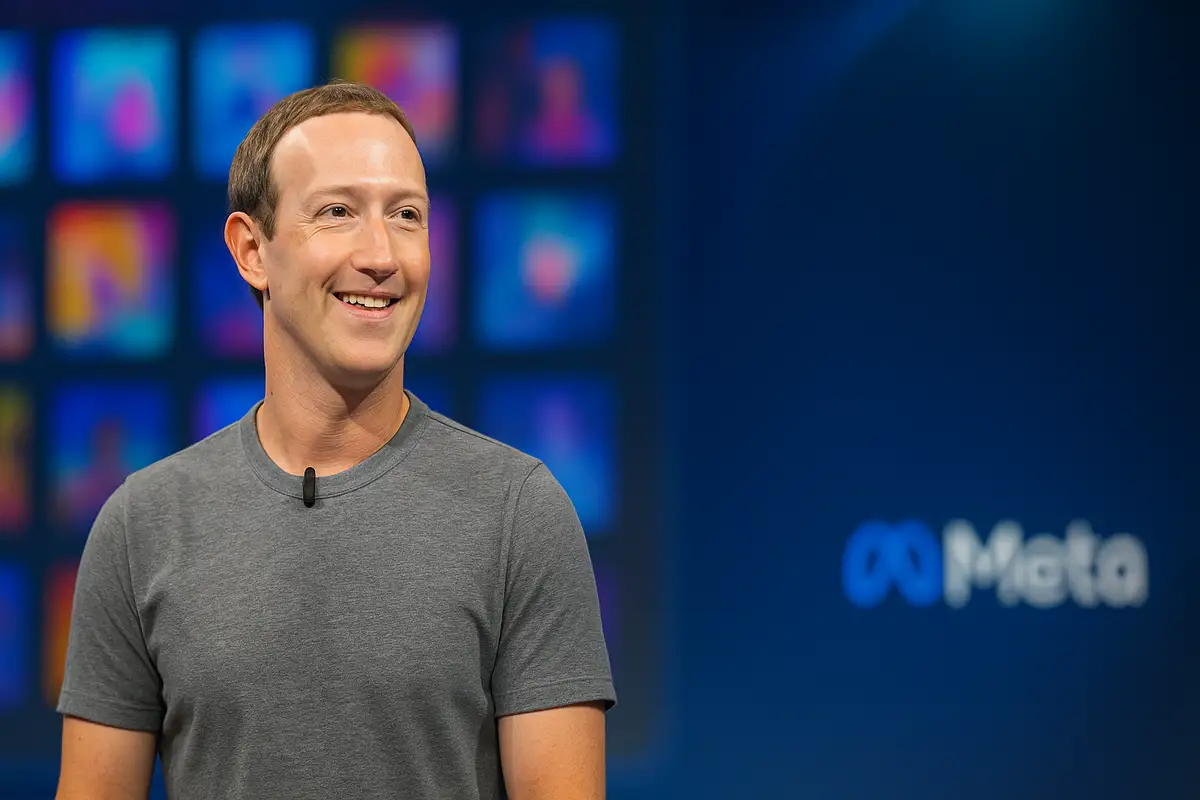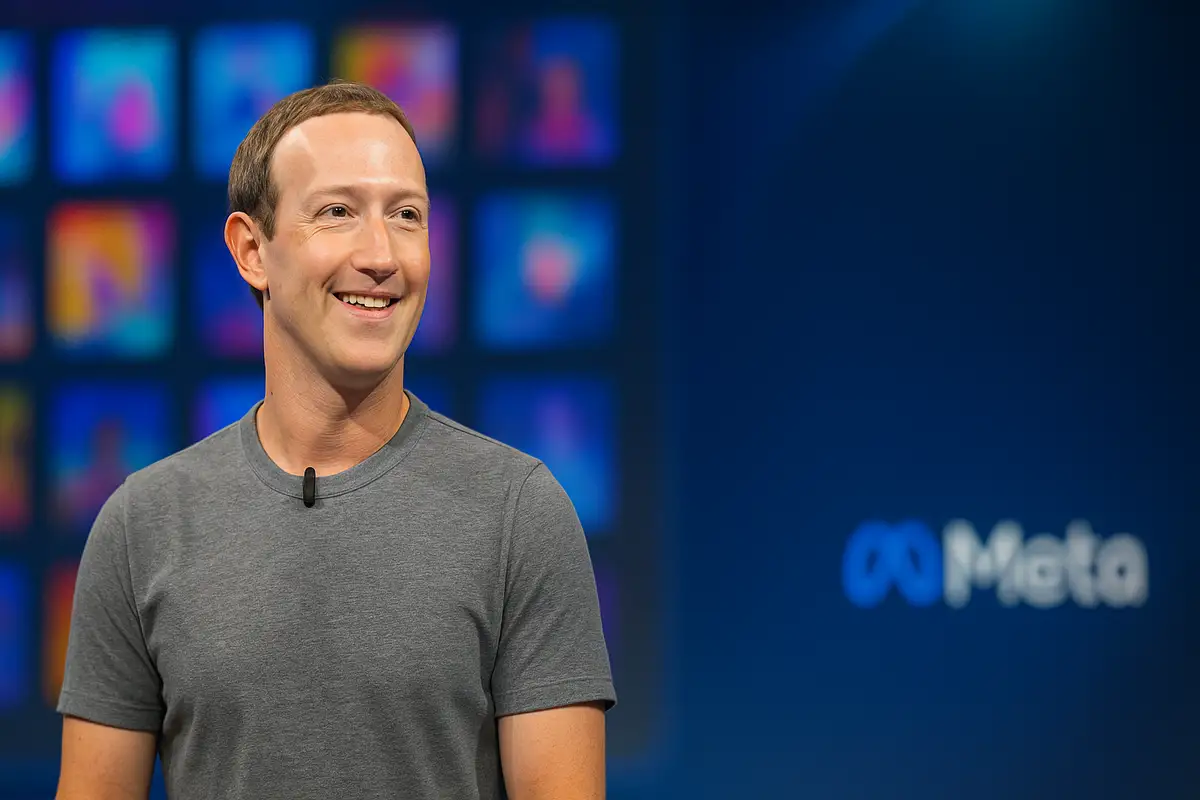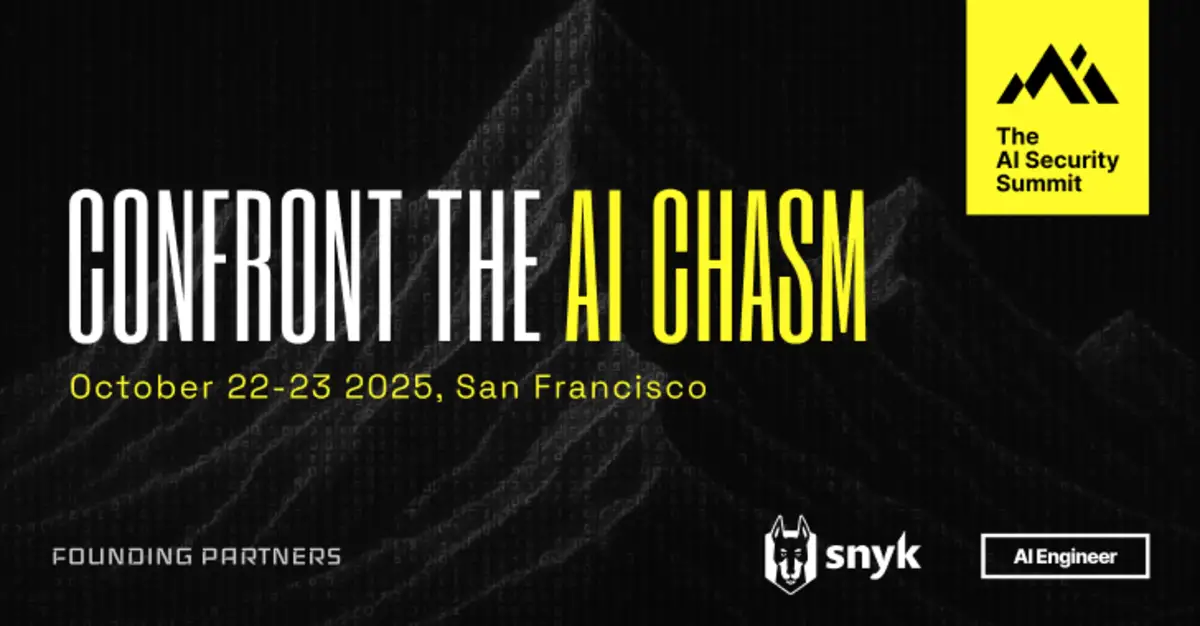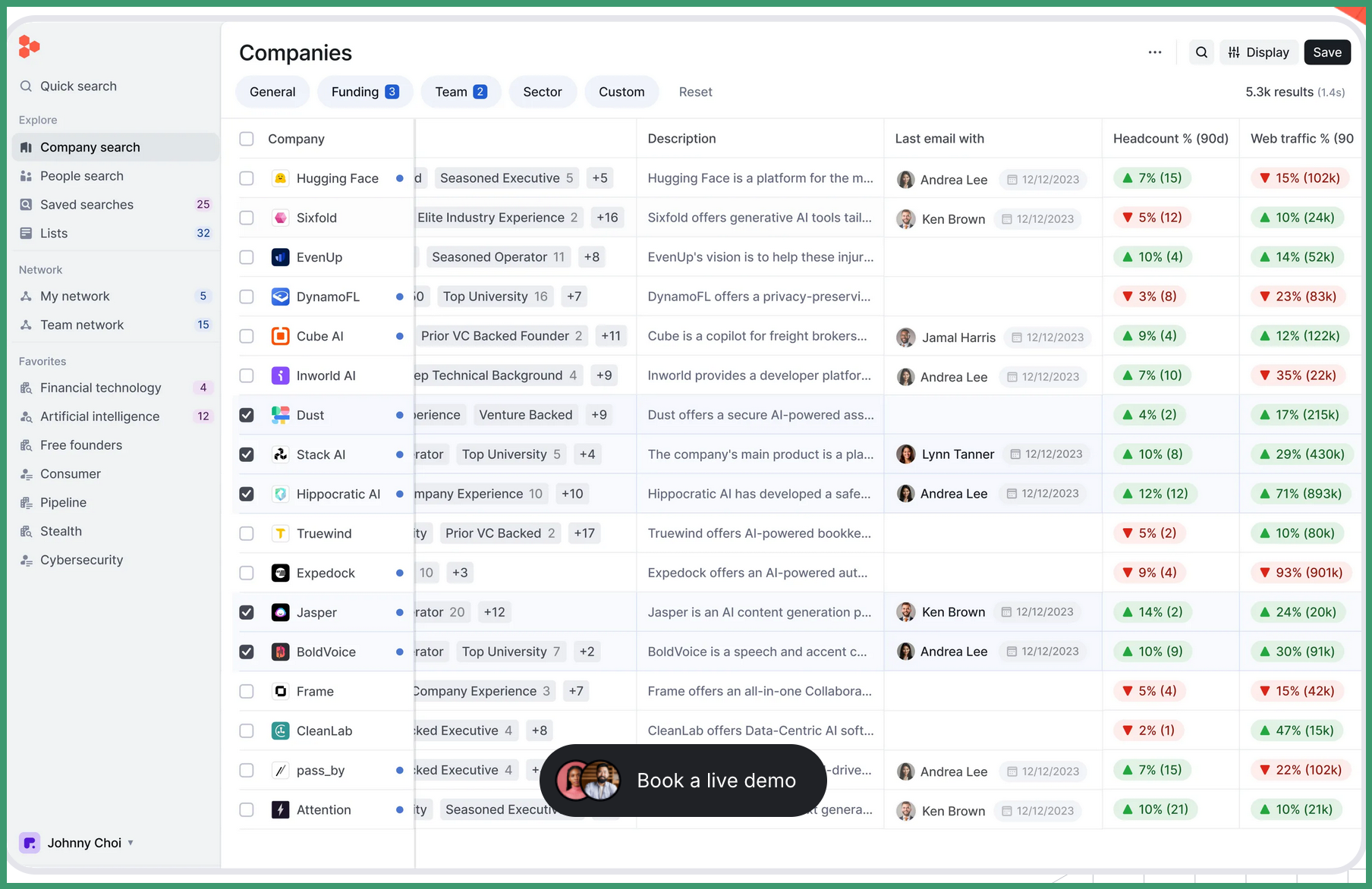SpaceX Wants to Swallow xAI Before Going Public. The Math Gets Weird.
SpaceX and xAI are in merger talks ahead of a record $50 billion IPO. Behind the orbital data center pitch sits financial engineering and Pentagon contracts.

Good Morning from San Francisco,
Meta just launched an AI video feed that users are calling "AI slop." Meanwhile, OpenAI claims its models match human experts 40% of the time on real work tasks.
Two stories. Same theme: AI companies desperately proving their relevance.
Meta's Vibes relies on external partners for core video generation. Translation: their internal models aren't ready. OpenAI's benchmark shows impressive progress—if you ignore the 95% of AI projects that fail in practice.
The AI race has companies throwing features at walls to see what sticks. Some land. Most splatter.
Today we examine why Meta's playing defense, what human parity actually means, and whether any of this matters for people doing actual work.
Stay curious,
Marcus Schuler

Meta launched Vibes Thursday—a TikTok-style feed populated entirely by AI-generated videos within its Meta AI app and meta.ai.
Users can create from scratch, remix existing clips, or cross-post to Instagram and Facebook.
User reception was brutal. Top comments dismissed it as "AI slop," questioning the value proposition. The timing appears defensive: YouTube and other platforms are tightening rules against synthetic content while Meta doubles down on AI generation.
The technical architecture reveals strategic gaps. Meta relies on partnerships with Midjourney and Black Forest Labs for core functionality, indicating internal video models aren't production-ready. This contradicts the company's recent guidance advising creators toward "authentic storytelling" over low-value content.
The launch serves multiple functions beyond content creation. It drives adoption of Meta's AI app, which manages Ray-Ban smart glasses and other hardware integrations. For a company that generated nearly $165 billion last year but trails competitors in AI mindshare, Vibes represents a public demonstration of capabilities.
Why this matters:
• Capability transparency: External partnerships expose Meta's internal AI development timeline—proprietary video generation lags competitors, forcing dependence on third-party providers during catch-up phase
• Platform evolution: The launch tests whether consumer appetite for synthetic content exceeds authenticity preferences, potentially reshaping social media value propositions around algorithmic rather than human creativity



Prompt:
a cinematic still inside an elevator with a male lobyboy Bellhop inside a elevator in a tailored green uniform standing perfectly centered, holding a tray with green and tea cup and a teapot, whimsical Wes Anderson composition

OpenAI's GPT-5 matches human expert quality 40.6% of the time on authentic work deliverables—tripling from GPT-4o's 13.7% just 15 months ago.
The GDPval benchmark tests 1,320 tasks across 44 occupations using real workplace artifacts: legal briefs, engineering blueprints, nursing care plans.
From OpenAI's perspective, this validates the path toward artificial general intelligence through measurable economic utility. From enterprise buyers' view, it provides ROI justification amid MIT research showing 95% of AI projects fail. From workers' perspective, the existential question sharpens around which tasks remain distinctly human.
Claude Opus 4.1 scored higher at 49%, though OpenAI attributes part of that edge to superior formatting rather than substance. Models complete these tasks 100× faster and cheaper than experts, but those figures exclude oversight and integration costs that real deployment requires.
The benchmark's limitations are telling: static, one-shot evaluations that miss collaboration, iteration, and workplace complexity. Both readings fit—AI approaches human parity on measurable tasks while struggling with unmeasurable ones.
Why this matters:
• Task-level measurement becomes competitive infrastructure—organizations with granular AI assessment frameworks will optimize deployment while others struggle with integration
• Hybrid human-AI boundaries accelerate—clearer distinctions between automated deliverables and human oversight will force rapid organizational redesign around complementary capabilities


Pika transforms your ideas into engaging videos using just text prompts or uploaded images. This AI video generator creates short, dynamic clips with special effects, object swapping, and professional camera movements perfect for social media and creative projects.
Tutorial:
URL: https://pika.art
You explain complex topics in simple terms. Your job is turning hard concepts into clear explanations anyone can follow.
Your approach:
What I need:
Your style:
Write like you're explaining to a smart friend. Use everyday language, concrete examples, and clear logic. Skip the jargon.
A concerning pattern is emerging where inaccurate AI translations of Wikipedia articles in vulnerable languages are being used to train AI models, creating a feedback loop that further degrades content quality and marginalizes these languages. The issue came to light when Kenneth Wehr, manager of Greenlandic Wikipedia, deleted nearly all content from the platform four years ago due to poor translation quality, highlighting how AI-generated content in minority languages may be perpetuating errors and threatening linguistic diversity online.
Call-recording app Neon, which had risen to become the second most popular social app on the US App Store, has gone offline after a serious data breach exposed users' phone numbers, call recordings, and transcripts. The viral app had promised to pay users for their audio data, which it planned to sell to AI companies for training purposes.
A federal judge in California has preliminarily approved a $1.5 billion settlement between AI company Anthropic and a class of authors who filed copyright infringement claims against the firm. The landmark agreement represents one of the largest settlements in the ongoing legal battles between content creators and artificial intelligence companies over the unauthorized use of copyrighted materials to train AI systems.
Meta Platforms is reportedly in discussions with Google Cloud about potentially integrating Google's Gemini and open-source Gemma AI models into its advertising infrastructure to enhance ad summarization and recommendation capabilities. According to sources cited by The Information, Meta staffers have engaged in talks exploring how Google's artificial intelligence technology could improve the social media company's lucrative advertising business.
President Donald Trump signed an executive order Thursday approving a proposed deal to keep TikTok operating in the United States, with Trump claiming Chinese President Xi Jinping has endorsed the transaction. Vice President JD Vance stated the deal values TikTok's US operations at $14 billion, though ByteDance, TikTok's Chinese parent company, has not publicly acknowledged or confirmed the agreement.
The Trump administration is planning to require semiconductor companies to match their domestic manufacturing output with their imports on a 1:1 ratio, according to sources cited by the Wall Street Journal. Companies that fail to maintain this balance between local production and imports would face tariffs as part of the administration's push to boost domestic chip manufacturing.
Record company Hallwood Media has signed a $3 million deal with Telisha "Nikki" Jones, the human lyricist behind AI artist Xania Monet, according to Billboard. Legal experts warn that current copyright law may only protect the human-created lyrical elements of the AI-generated music, raising questions about intellectual property rights in the emerging field of artificial intelligence artistry.
Intel's massive $28 billion semiconductor manufacturing facility in New Albany, Ohio—the largest economic development project in the state's history—has been delayed from its original 2025 opening date to 2030. The facility, which was intended to be Intel's most advanced chip factory, is experiencing slow construction progress despite its significance as a major manufacturing investment in the United States.
Microsoft has launched Microsoft Marketplace, a unified platform that combines Azure Marketplace and Microsoft AppSource into a single destination for cloud tools, AI applications, and AI agents. The consolidation aims to provide users with streamlined access to Microsoft's comprehensive ecosystem of cloud-based solutions and artificial intelligence technologies in one centralized location.
Despite artificial intelligence showing promise in medical imaging, AI models are significantly underperforming when deployed in actual hospital environments, facing both technical limitations and legal regulatory hurdles. The demand for human radiologists remains at record levels as the profession proves to involve far more complex decision-making and patient interaction beyond simple image recognition tasks.
Meta Platforms will soon introduce paid, ad-free versions of Facebook and Instagram in the United Kingdom, with web subscriptions priced at £2.99 per month and mobile app versions costing £3.99 monthly on iOS and Android devices. The subscription service will completely remove advertising from both social media platforms for paying users, marking a significant shift in Meta's revenue model as the company explores alternatives to its traditional ad-supported business structure.

Harmonic AI: Teaching Machines to Actually Do Math
Harmonic AI wants to build the world's first AI that can prove its answers instead of just guessing them. The Palo Alto startup thinks mathematical reasoning is the secret sauce missing from today's hallucination-prone chatbots.
The Founders
• Founded 2023 by Robinhood CEO Vlad Tenev and ex-Helm.ai co-founder Tudor Achim
• 15 researchers and engineers in Silicon Valley
• Born from frustration with AI that sounds smart but gets basic math wrong
• Tenev stays executive chairman while running Robinhood; Achim runs day-to-day ops
The Product
• "Aristotle" AI solves complex math problems with formal proofs
• Hits 90% success rate on MiniF2F benchmark (high school to math Olympiad level)
• Uses Lean 4 proof assistant to verify every logical step
• Generates synthetic training data through self-play
• No hallucinations - if it can't prove it, it won't claim it
The Competition
• Faces off against OpenAI, Google DeepMind, and Anthropic's general-purpose models
• Google's Minerva manages ~50% on similar benchmarks
• Most competitors bolt calculators onto chatbots; Harmonic rebuilt the engine 🔧
• Betting narrow math focus beats "scale everything" approach
Financing
• $175M raised total: $75M Series A (Sequoia-led), $100M Series B (Kleiner Perkins-led)
• Valued at $875M - deliberately stayed under unicorn status
• Investors include Index Ventures, DST Global, Nikesh Arora, even Jared Leto 🎭
• Tenev remains largest individual shareholder
The Future ⭐⭐⭐⭐⭐
Math is the foundation of everything from rocket ships to bank algorithms. If Harmonic cracks mathematical superintelligence, it won't just solve homework - it could verify critical software and accelerate scientific discovery. The only question is whether they can commercialize genius before the tech giants catch up.
Get the 5-minute Silicon Valley AI briefing, every weekday morning — free.